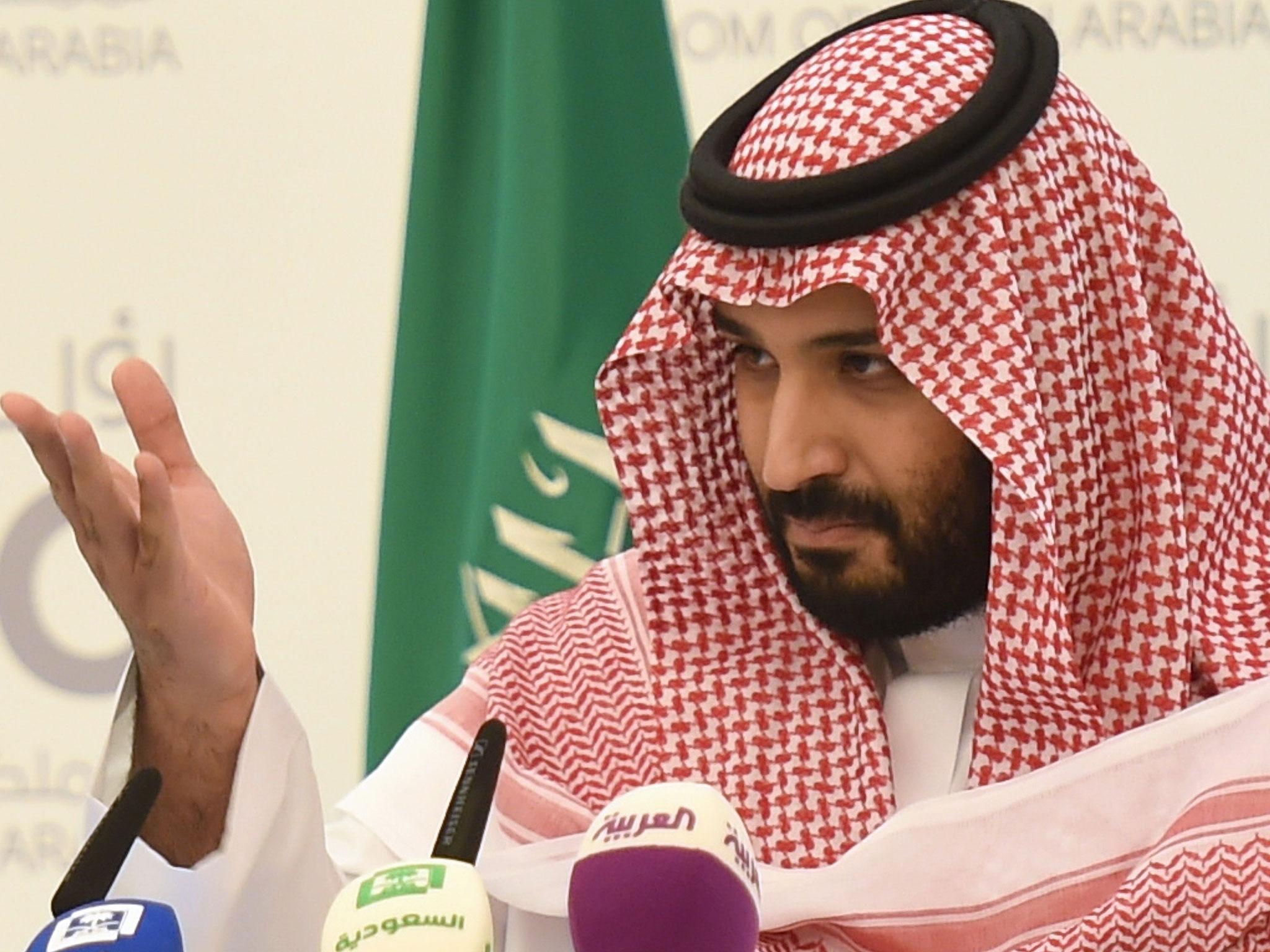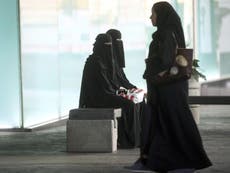The Independent's journalism is supported by our readers. When you purchase through links on our site, we may earn commission.
We should welcome Mohammed bin Salman to the UK - his reforms in Saudi Arabia could benefit us all
Of course, there is a long way to go before we can be confident the kingdom is joining the rest of us in the 21st century but the signs are good

Something huge is happening now in the Middle East: the transformation of Saudi Arabia is underway. Unlike those other Arab Springs, which fell away soon after their first hopeful, populist steps, this latest revolution is top-down. Mohammed bin Salman is its leader and talisman, and the pace of reforms announced in the nine months since he became Crown Prince is both radical and breathtaking.
The West should wake up to these changes, because they are in our interests too. The world far beyond the borders of Saudi Arabia has much to gain from the reform of this kingdom. So we should show cautious support for the man who is taking the hard, even dangerous, steps towards a new awakening – daring to be different from previous generations, and threatened by many. For if we do not encourage this revolution, what other likely catalyst for change do we expect to take its place?
Even the leader’s moniker, MBS, reflects the changing times and the style of a new generation of Saudis, 70 per cent of whom are under the age of 30. He appears to have read the mood of his young people and sensed that they too are ready for change– in the interviews given by this very powerful 32-year-old we can see that he too feels this way.
Meanwhile some in the West are determined to see the old in the new, even though what appears to be happening there doesn’t fit the old prejudices. What they see, despite the mounting evidence to suggest otherwise, is the seventh century with Bentleys.
Thus the unprecedented Riyadh Ritz-Carlton arrests, a confrontation of wholesale corruption by some of the kingdom’s most powerful men and a demonstration that ill-gotten gains can and will be returned to the public purse, has been widely presented as simply the act of an oppressive state against individuals. Even though the Government says the episode recouped more than $100bn.
There is no doubt that the short-sighted policy of detaining bloggers for criticising the monarchy continues to be troubling, but it is naive simply to criticise what is not happening without also acknowledging what is. One cannot visit the country now without noticing the increased presence of women in the workforce, who already account for more than a fifth of all Saudis employed, with the goal of raising this figure to 30 per cent over the next 15 years.
Women attended a pop concert in December in their thousands, many removing their abayas and dancing – and this in a country where public concerts were until then banned. A 35-year prohibition of cinema has been overturned. Theatres are opening too. Women are attending football matches this year for the first time, and in a few months they will be able to drive themselves to the matches. It may be hard for outsiders to understand what these simple changes mean to so many young Saudis, but to dismiss them as simply a PR stunt is a mistake.
The cottage industry of Western sceptics is reminiscent of those Kremlinologists who lived off the Cold War and could not accept that Glasnost was for real until the world saw Germans clambering over the Berlin Wall. More recently we have seen so many media pundits, long accustomed to the status quo of Capitol Hill, simply refuse to believe in the possibility of a President Trump. Sometimes the experts are the last to acknowledge change is taking hold.
Of course, there is a long way to go before we can be confident that the kingdom is joining the rest of us in the 21st century. But the signs from recent months are good.
Last year, according to the Shura Council, the advisory body to the monarchy, 35,000 Saudi women studied at universities abroad. Such education and experience is crucial for Vision 2030, the programme of economic modernisation and diversification of the hitherto oil-centric economy, again, led by MBS. It is not hard to imagine the new aspirations and expectations with which these women will return from their universities in California, New York, London or Paris. The genie is not going back into the bottle.
These changes have required courage and commitment, as well as ruthlessness, from the young Crown Prince. Many long-standing and powerful vested interests are now threatened by him: wealthy businessmen used to doing business a certain way; members of the royal and other leading families, who have grown accustomed to exploiting government contracts; Wahhabi clerics, who have held a devastating and increasing cultural grip on the country for 80 years. No wonder MBS and his generation feel so passionately that their youth has been stolen from them. Now, he has said openly, he is determined to return the country to the more moderate and tolerant Islam that his generation’s great grandparents knew.
This is the most significant reform process happening anywhere in the Middle East. If it succeeds, it will change the region and perhaps the world. As the global capital of Islam, many Muslims look to the country for leadership. Some have seen it as a fount of extreme teachings and designs. We should all hope a new era is beginning.
Even those who doubt the liberal sincerity behind MBS’s reforms should at least take comfort from the fact that they are buttressed by an urgent economic imperative. When the oil runs out, Saudi Arabia will need a functioning market economy – one with which the rest of the world wishes to do business. At present more than half of Saudi households are dependent on the Government. The prince knows this is no longer viable.
So let’s give some clear support for MBS when he comes to Britain this month. An end to the war and the humanitarian tragedy in Yemen will be his next, urgent challenge. As leaked emails have shown, he knows this too.
Iain Millership is Managing Director of an oil pipe supply and has worked, lived and travelled in the Middle East for over 20 years


